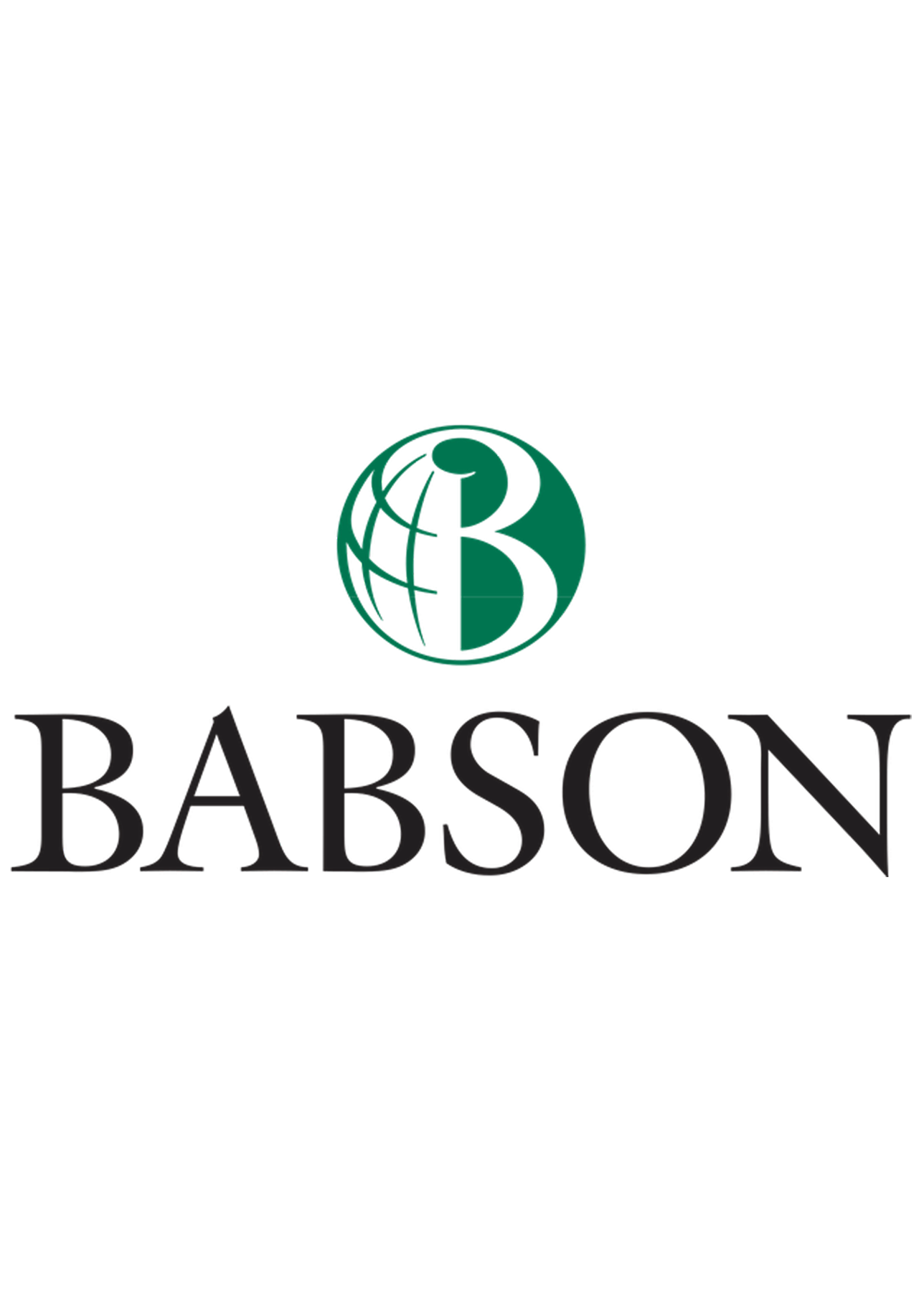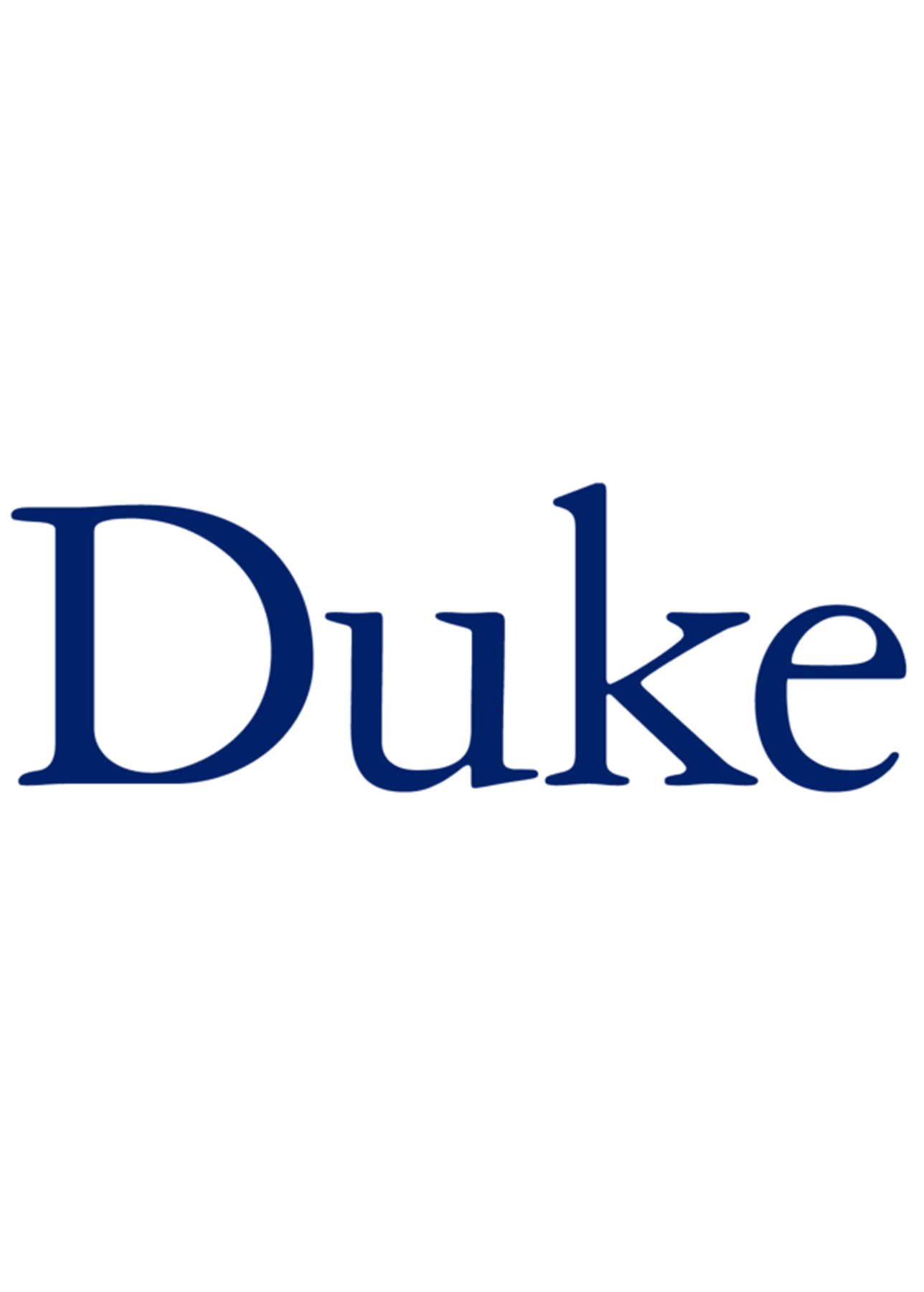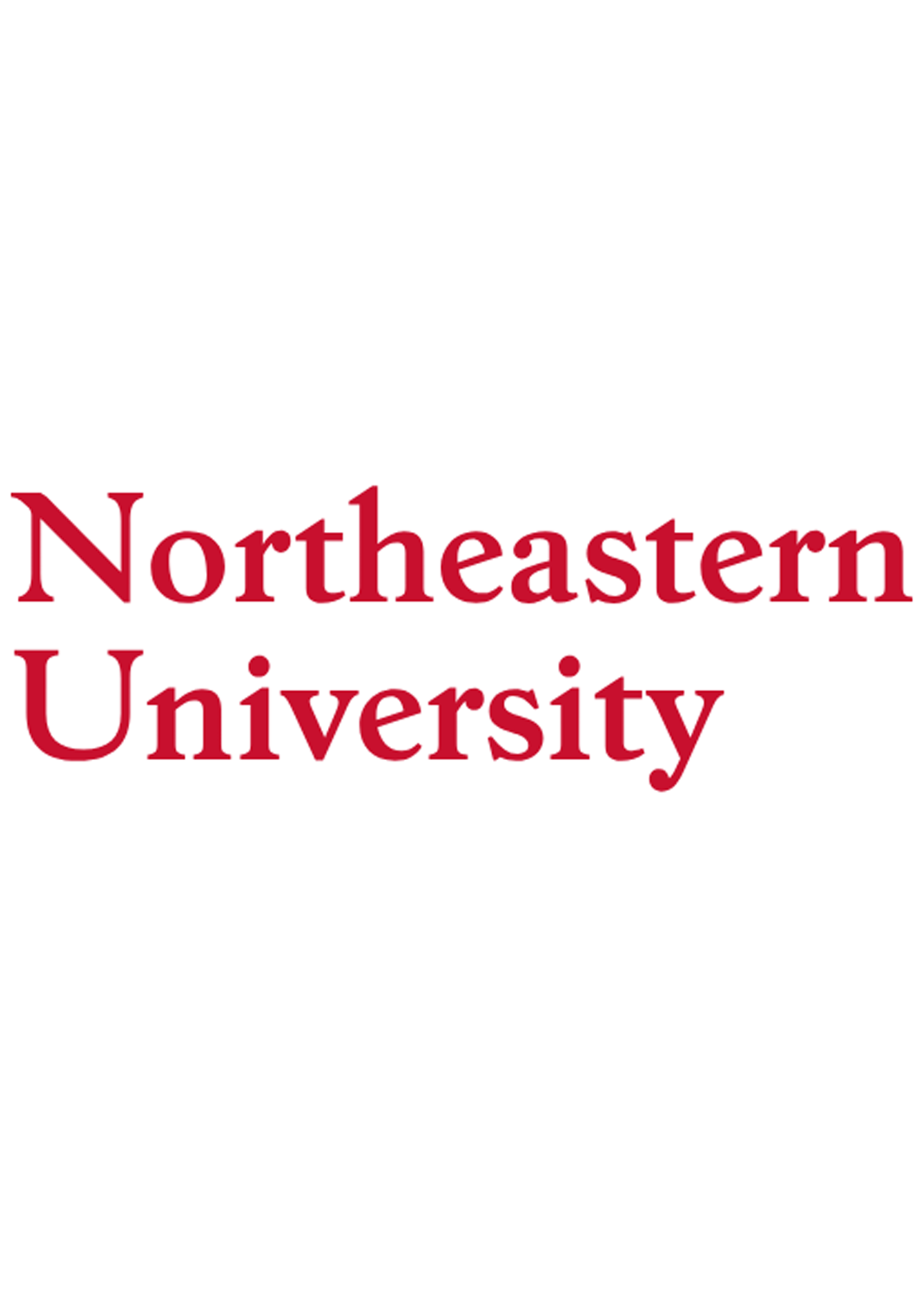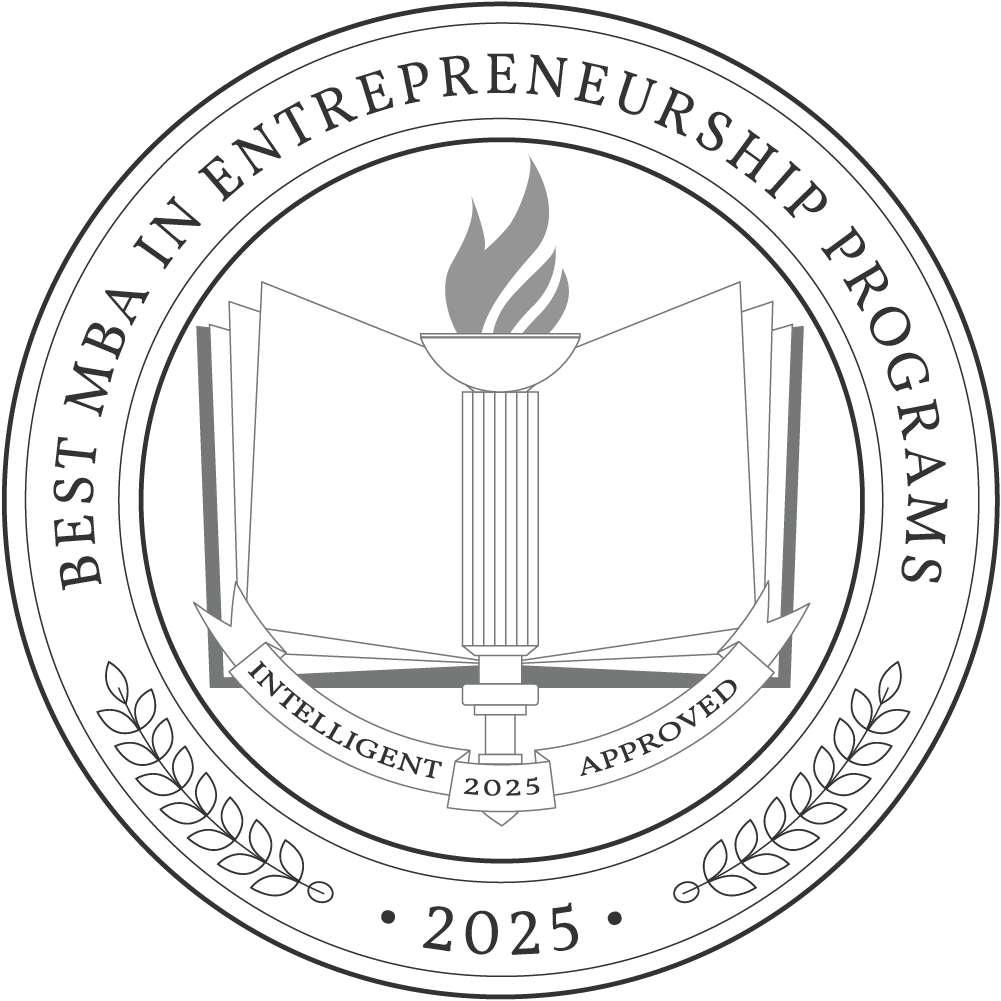If you dream of launching your own business or pursuing a leadership role at an existing company, a Master of Business Administration (MBA) in entrepreneurship can give you the key skills and expertise you need to realize those ambitions. This degree equips students with a firm understanding of general business practices as well as specific entrepreneurial knowledge like new venture finance, social entrepreneurship, and more.
The employment outlook for individuals in the business and finance sector is strong, according to the Bureau of Labor Statistics (BLS). The agency predicts that there will be, on average, 911,400 new job openings per year in these industries through 2032. An MBA in entrepreneurship is a versatile degree that can prepare graduates for a variety of fast-growing positions, such as:
- Chief executive officers (median annual salary: $100,090)
- Administrative services and facilities managers (median annual salary: $101,870)
- Management analysts (median annual salary $95,290)
Earning an MBA in entrepreneurship typically takes 1-2 years, depending on the student’s experience level and the pace of the program. Tuition varies by program, but according to the National Center for Education Statistics (NCES), the average annual tuition for graduate programs during the 2021-22 academic year was $12,596 at public institutions and $29,931 at private non-profit colleges.
How to Choose an MBA in Entrepreneurship Degree Program
Choose your area of study
Understanding your career and educational goals, as well as your logistical needs, is the first step in finding a suitable MBA in entrepreneurship program.
First, think about what you seek to accomplish after earning your MBA in entrepreneurship. If you want to use your degree in a specific industry, such as healthcare or finance, you can seek out a program that offers coursework focusing on that area. Other MBA in entrepreneurship programs allow students to focus on topics like running a family business, global entrepreneurship, or investing in new ventures.
You’ll also want to consider what type of MBA program is appropriate for you based on your educational and professional background. If you have an undergraduate degree and extensive experience in business, you may want to seek out executive MBA programs, which focus on high-level business and entrepreneurship skills. Otherwise, many MBA programs are available for individuals who don’t have a business background or many years of professional experience.
In terms of practical needs, this is a good time to determine if you’ll attend school full-time or part-time. You should also consider how classes will fit into your schedule. In-person programs offer classes during the daytime, evenings, and weekends. If attending all classes in person will be challenging, you may want to consider attending an online MBA program, which will be more flexible.
Research schools and programs
As you begin exploring your options for MBA in entrepreneurship programs, asking the following questions can help you determine if the program is a good fit:
- What is the curriculum, and does it align with your interests and goals?
- Who are the faculty members, and what are their qualifications?
- What networking opportunities are available to students?
- Is there an internship or other experiential learning component?
- What support services are available to students?
- What scholarship and financial aid opportunities are available?
- What type of accreditation does the institution and program have?
It’s essential that you check a school’s accreditation status, as this will impact your eligibility for financial aid, future employment, and further educational opportunities. Schools in the U.S. can be regionally or nationally accredited, with regional accreditation being the more widely recognized accreditation status. MBA programs can also have programmatic accreditation through agencies like the Association to Advance Collegiate Schools of Business (AACSB) or the Accreditation Council for Business Schools and Programs (ACBSP). You can verify if a school and program are accredited through the Council for Higher Education Accreditation’s database.
To learn more about schools and programs, visit their websites, contact admissions counselors and program representatives, and attend in-person or virtual open houses and information sessions when available.
Prepare for tests and applications
During the research process, review the application procedures and admissions requirements for the programs you’re considering, as they will vary by institution. Most schools publish this information on their websites. You can also contact the school’s admissions office and speak to an admissions counselor if you have questions. Find out if the program has any specific eligibility requirements, such as an undergraduate degree in business, a minimum undergraduate GPA, or a minimum amount of professional experience.
For most programs, application requirements include the following:
- Completed application and required fees
- Official transcripts from all postsecondary schools previously attended
- Letter(s) of recommendation
- Resume or CV
- Personal statement
- GRE or GMAT scores
If you haven’t yet taken the GRE or GMAT, or if your scores are more than five years old, plan on taking one or both of these standardized tests well before your application is due. There are multiple opportunities throughout the year for students to take these exams and various ways to prepare for them, including self-paced study or prep classes. Because they can be challenging, account for the amount of time that may be needed to retake the exams if you don’t achieve your desired score on the first try.
Select your program
Admissions to MBA programs can be competitive, especially at top-tier business schools. Therefore, many students choose to apply to multiple programs to increase their odds of acceptance. However, your own preferences and interests should be the main guide to how many applications you submit. If you’re accepted to multiple MBA in entrepreneurship programs, compare your options to the priorities you outlined in step one to help you decide which program is the best fit for you.
Determine how you’ll pay for your degree
By the time you select an MBA in entrepreneurship program, you should have a clear understanding of what the program costs and what financial aid resources are available to you. If you have questions about tuition or financial aid, speak to a financial aid counselor from the school.
If you’re planning on using any type of need-based financial aid, including loans, grants, or work-study, you must submit a Free Application for Federal Student Aid (FAFSA). Colleges use the information from this application to determine eligibility for aid based on financial need, including Direct Unsubsidized Loans and Direct PLUS Loans through the U.S. Department of Education’s Federal Student Aid program.
There are also many external sources that offer need- and merit-based financial aid, such as scholarships and grants. These sources can include professional associations, nonprofits and private endowments, community and religious organizations, and more.
If you’re planning on working while earning an MBA in entrepreneurship, inquire with your employer about tuition assistance benefits. Due to the desirability of MBA skills, many employers offer financial assistance to help employees earn this degree.
Best 26 Accredited MBA in Entrepreneurship Degree Programs
Institution Type
Status
- Intelligent Score
- Alphabetically By University Name
- Acceptance Rate
- Enrollment
- In-state Graduate Tuition
- Out-of-state Graduate Tuition
- In-state Undergraduate Tuition
- Out-of-state Undergraduate Tuition

Babson College
Intelligent Score: 98.88In-state: $54,144
Out-of-state: $54,144
In-state: $89,550
Out-of-state: $89,550
SAT: 1270-1450
ACT: 27-32
$1,820
On-Campus
Association to Advance Collegiate Schools of Business
54

Harvard Business School
Intelligent Score: 98.48In-state: $49,653
Out-of-state: $49,653
In-state: $49,448
Out-of-state: $49,448
SAT: 1460-1580
ACT: 33-35
$1,896
On-Campus
Association to Advance Collegiate Schools of Business
79

University of California, Berkeley
Intelligent Score: 95.96In-state: $11,442
Out-of-state: $41,196
In-state: $11,442
Out-of-state: $11,442
SAT: 1310-1530
ACT: 30-35
$3,708
On-Campus
Association to Advance Collegiate Schools of Business
42-51

Indiana University Bloomington
Intelligent Score: 94.99In-state: $9,815
Out-of-state: $36,194
In-state: $9,786
Out-of-state: $9,786
SAT: 1120-1350
ACT: 24-31
Resident: $889
Non-Resident: $1,457
On-Campus, Online
Association to Advance Collegiate Schools of Business
36

UPenn Wharton School
Intelligent Score: 94.85In-state: $53,166
Out-of-state: $53,166
In-state: $37,678
Out-of-state: $37,678
SAT: 1460-1570
ACT: 33-35
$2,741 - $3,030
On-Campus, Online
Association to Advance Collegiate Schools of Business
57-63

Rice University
Intelligent Score: 92.54In-state: $50,310
Out-of-state: $50,310
In-state: $47,306
Out-of-state: $47,306
SAT: 1460-1570
ACT: 34-36
$2,185
On-Campus, Online, Hybrid
Association to Advance Collegiate Schools of Business
60

Baylor University
Intelligent Score: 92.24In-state: $44,544
Out-of-state: $44,544
In-state: $33,408
Out-of-state: $33,408
SAT: N/A
ACT: N/A
$1,714
On-Campus
Association to Advance Collegiate Schools of Business
53

Cornell University
Intelligent Score: 90.65In-state: $58,586
Out-of-state: $58,586
In-state: $29,500
Out-of-state: $29,500
SAT: 1400-1540
ACT: 32-35
$2,663
On-Campus, Online
Association to Advance Collegiate Schools of Business
60

UNC Kenan-Flagler
Intelligent Score: 89.92In-state: $7,019
Out-of-state: $34,198
In-state: $10,552
Out-of-state: $10,552
SAT: 1280-1490
ACT: 28-33
Resident: $2,803
Non-Resident: $3,792
On-Campus
Association to Advance Collegiate Schools of Business
62

University of California, Los Angeles
Intelligent Score: 89.06In-state: $11,442
Out-of-state: $41,196
In-state: $11,442
Out-of-state: $11,442
SAT: 1310-1530
ACT: 30-35
$1,740
On-Campus
Association to Advance Collegiate Schools of Business
80

Duke University
Intelligent Score: 88.56In-state: $55,880
Out-of-state: $55,880
In-state: $57,900
Out-of-state: $57,900
SAT: 1470-1570
ACT: 34-35
$1,898
On-Campus
Association to Advance Collegiate Schools of Business
79

University of Chicago’s Booth School of Business
Intelligent Score: 87.35In-state: $57,642
Out-of-state: $57,642
In-state: $60,300
Out-of-state: $60,300
SAT: 1500-1570
ACT: 34-35
$2,313
On-Campus
Association to Advance Collegiate Schools of Business
70

Johns Hopkins Carey Business School
Intelligent Score: 84.06In-state: $88,976
Out-of-state: $88,976
In-state: $91,435
Out-of-state: $91,435
SAT: 1520-1560
ACT: 34-35
$1,800
On-Campus
Association to Advance Collegiate Schools of Business
78

Saint Louis University
Intelligent Score: 83.15In-state: $46,400
Out-of-state: $46,400
In-state: $21,420
Out-of-state: $21,420
SAT: 1160-1370
ACT: 25-31
$1,190
On-Campus
Association to Advance Collegiate Schools of Business
33-39

Temple University
Intelligent Score: 82.84In-state: $16,080
Out-of-state: $28,992
In-state: $16,956
Out-of-state: $16,956
SAT: N/A
ACT: N/A
$1,250
On-Campus
Association to Advance Collegiate Schools of Business
48

NYU Stern
Intelligent Score: 81.93In-state: $52,204
Out-of-state: $52,204
In-state: $34,704
Out-of-state: $34,704
SAT: 1370-1540
ACT: 31-34
$2,806
On-Campus
Association to Advance Collegiate Schools of Business
60

Northeastern University
Intelligent Score: 80.89In-state: $54,360
Out-of-state: $54,360
In-state: $25,264
Out-of-state: $25,264
SAT: 1410-1540
ACT: 33-35
$1,755
On-Campus
Association to Advance Collegiate Schools of Business
55

Carnegie Mellon University
Intelligent Score: 79.74In-state: $57,560
Out-of-state: $57,560
In-state: $46,441
Out-of-state: $46,441
SAT: 1460-1560
ACT: 33-35
$758
On-Campus
Association to Advance Collegiate Schools of Business
64
How we rank schools
We reviewed a number of different degree programs in entrepreneurship that award a Master of Business Administration. Our list includes programs that are offered online, in person, and in hybrid formats.
To ensure quality, we only included programs offered by regionally accredited institutions. As another measure of quality, most of these programs also have programmatic accreditation through bodies like the Association to Advance Collegiate Schools of Business (AACSB) or the Accreditation Council for Business Schools and Programs (ACBSP). AACSB and ACBSP accreditation signifies the program has met a certain level of quality in its curriculum, faculty, and services.
We evaluated each program on the basis of flexibility, faculty, course strength, cost, and reputation. Then, we calculated the Intelligent Score for each program on a scale from 0 to 100. For a more extensive explanation, check out Our Ranking Methodology.
What Can You Expect From an MBA in Entrepreneurship Degree Program?
Students enrolling in an MBA in entrepreneurship program can expect to gain a solid understanding of general business practices with an emphasis on the skills and concepts individuals need to start and run their own businesses. This degree program is ideal for students who want to launch their own company, join an emerging business, or help others get their businesses off the ground.
As being an entrepreneur isn’t exclusive to one industry, students with an MBA in entrepreneurship will get a well-rounded education in concepts and practices that can be applied to a variety of different fields. Many programs also include courses tailored to interests in specific industries, like entrepreneurship in healthcare or real estate.
MBA programs typically require core courses covering broader business topics before students begin concentrating on their entrepreneurship coursework. Internships or other hands-on learning experiences are common in MBA programs, and they give students the opportunity to apply their theoretical knowledge in a real-world setting. Many MBA programs also offer small-business incubators or other resources to help students develop and launch endeavors while still earning their degree.
Potential courses you’ll take in an MBA in entrepreneurship degree program
- Managing Growing Businesses: Provides students with insight into the challenges and opportunities that accompany growing an entrepreneurial company by exploring the concepts and framework necessary to enable entrepreneurial management in organizations of all sizes and types.
- New Venture Creation: Develops students’ abilities to assess and shape opportunities, covering how to write, articulate, and present a new venture execution plan and understand the alternatives and trade-offs in financing.
- Financing Entrepreneurial Businesses: Students will learn how to raise seed and growth capital from venture capital, business angels, investment banking, and commercial banking sources.
- Social Innovation: Addresses issues related to the social, economic, and environmental responsibilities of businesses.
- Global Entrepreneurship: Explores and analyzes international entrepreneurial opportunities and the challenges of launching and leading ventures in an international context.
MBA in Entrepreneurship Degree Frequently Asked Questions
How do I apply to an MBA in entrepreneurship degree program?
Every school has different application requirements and procedures, so you’ll need to check each school’s website or contact their admissions office for the most accurate instructions about how to apply to their MBA in entrepreneurship program.
Most colleges now accept applications and supporting documents online through an admissions portal. In addition to the application itself, you’ll likely have to submit official transcripts from all colleges previously attended, letters of recommendation, a resume or CV, a personal statement, and GRE or GMAT scores. More selective MBA programs may also require an interview as part of the admissions process.
Be sure to check the eligibility requirements for any programs you’re considering. While many MBA programs are open to students of all educational and professional backgrounds, others are specifically designed for experienced professionals who have an undergraduate degree in business or a related field. Finding the type of program that’s right for you can help your chances for admission. You must also submit all application materials by the posted deadlines to ensure you’re considered for your desired start term.
How much does an MBA in entrepreneurship degree cost?
According to the Education Data Initiative, the average cost of an MBA degree is $56,850. However, there are several factors that influence what individual programs cost and how much students will pay for them.
Tuition at public universities is typically cheaper than at private universities, especially for students who reside in the state where the school is located. Public universities usually charge out-of-state students a higher tuition rate, and private schools charge all students the same tuition regardless of where they reside.
Also, take into consideration any financial aid you receive, including scholarships, grants, work-study, and employer tuition assistance benefits. Financial aid can significantly reduce the sticker price of an MBA program.
For the most accurate information about a program’s cost, contact the school’s financial aid office to speak to a financial aid counselor.
How long does it take to earn an MBA in entrepreneurship degree?
MBA in entrepreneurship programs usually take 1-3 years to complete, depending on the number of credits the program requires and the pace at which the student progresses. Full-time students will generally finish their degrees faster than those who attend part-time.
Executive or accelerated MBA programs, which are designed for experienced students, usually require fewer credits and can be completed in one year to 18 months of full-time study. More comprehensive programs, which are intended for students without a business background, include more classes and can take 2-3 years to complete.
